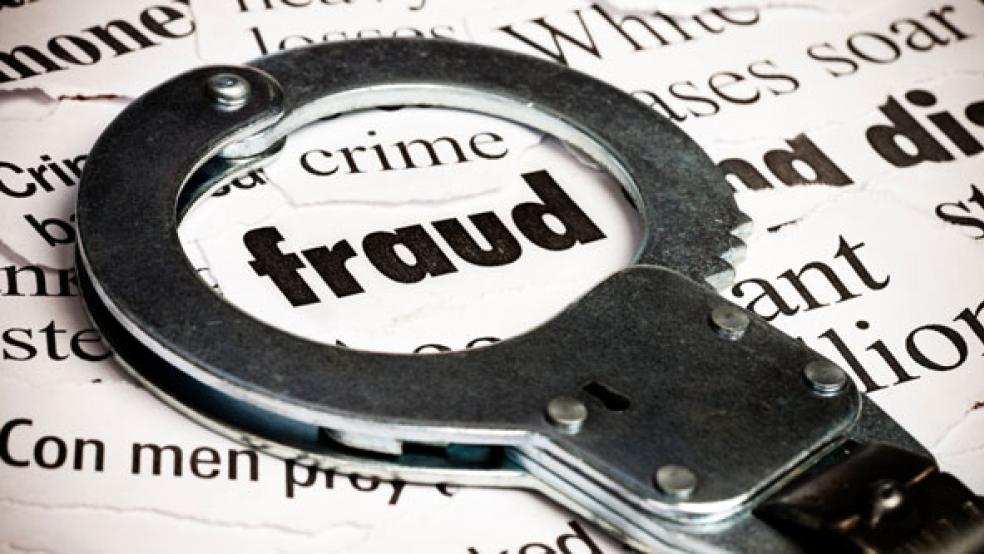The extraordinary government response to the coronavirus crisis — nearly $6 trillion worth of aid programs — is widely credited with cushioning the economic blow of the pandemic and setting the stage for a strong rebound. But the unprecedented response was also accompanied by unprecedented levels of fraud, as one federal watchdog told Congress a few weeks ago — and the difficulties of tracking the rescue funds and cracking down on criminals are made worse by gaps in the data and a shortage of funding for the watchdogs tasked with doing so.
The Washington Post’s Tony Romm details the enormity of the challenge, particularly for the Small Business Administration, in a lengthy article Thursday, noting that government officials and outside experts “warn the U.S. government could face years of expensive and intricate sleuthing work” in trying to track down billions and billions of dollars in overpayments, questionable loans and criminal fraud. For example, the inspector general for the Small Business Administration told Congress in a report late last year that the agency had referred more than 845,000 aid applications for suspected identity theft “while still disbursing $6.2 billion in loan funds and $468 million in advance grants to these applicants.”
And the full scale of the problem may not yet be clear. “[T]he most potent challenge facing federal watchdogs may still be on the horizon, as Washington begins to grapple with the decisions that allowed it to disburse trillions in aid with such haste in the first place,” Romm writes. “After all, the loans the government made must be forgiven or repaid, meaning the worst might be yet to come.”





